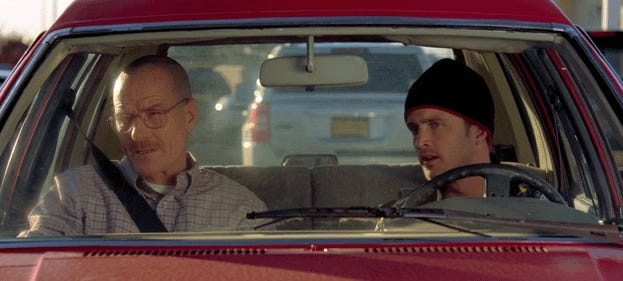Moral Flexibility and the Paradox of Self-Righteousness
Published on Linked In Aug 24th 2015
How do seemingly good people create bad outcomes in business? We’ve all sat back and watched in dismay as good people running organisations such as the Australian Wheat Board, James Hardie and HIH have dug themselves a deeper and deeper hole. ‘How could you have done such a thing?’, we’ve asked, ‘Weren’t you paying attention? Or are you just inherently bad?’.
New research indicates that the answer may be more complicated than that, you see we are not as smart as we think we are. In fact we are quite delusional when it comes to assessing our own behaviour. People predict they will behave more ethically than they actually do and when assessing their past behaviour they believe they behaved more ethically than they actually did. Our predictive errors arise from self-serving perceptual biases that create a disconnect between how we think we will behave and how we actually behave. When the situation becomes the past we then mis-remember events due to confirmation biases that encourage us to…
Keep reading with a 7-day free trial
Subscribe to A.C. Ping's Substack to keep reading this post and get 7 days of free access to the full post archives.



